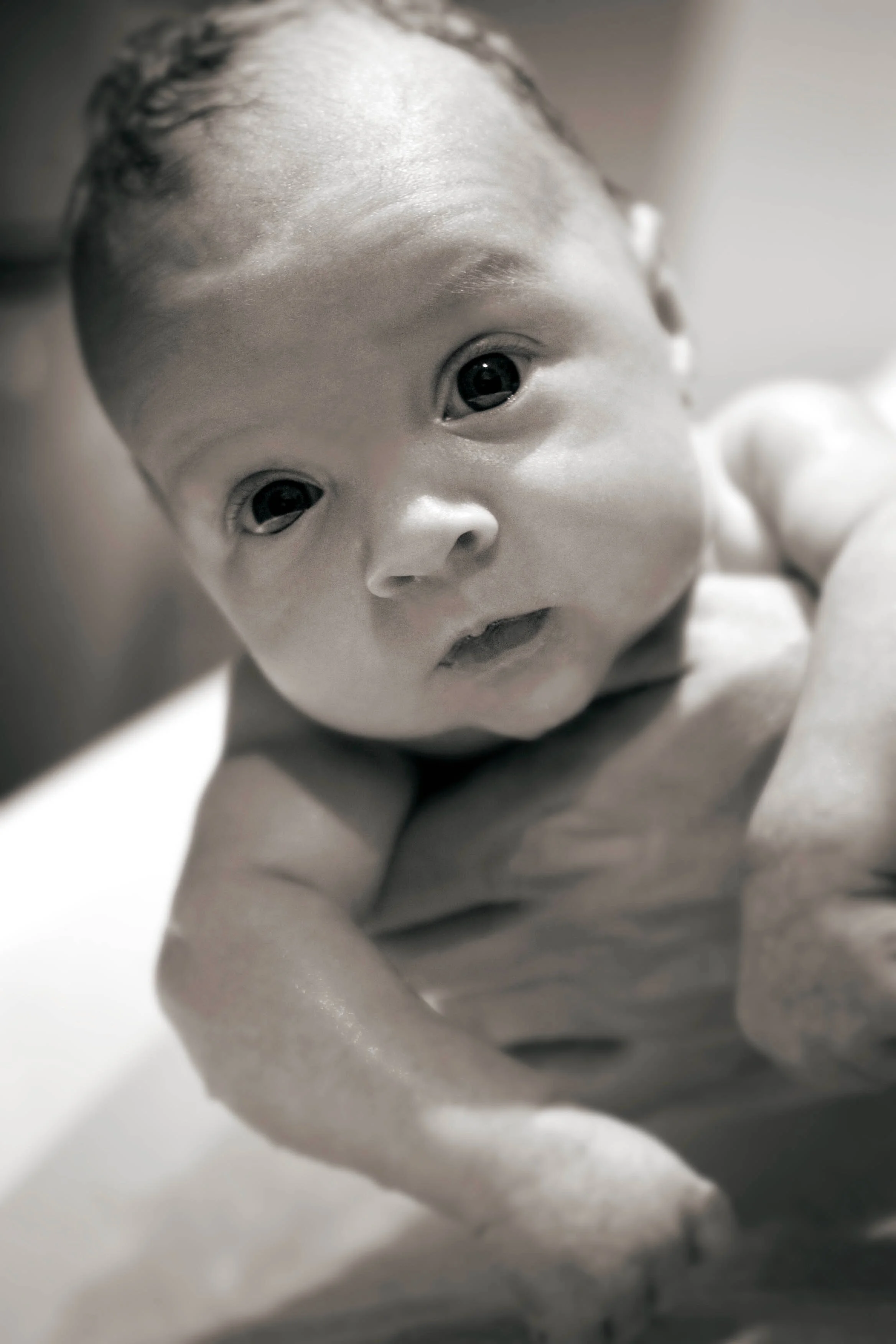Hospital stay
During your four or five day hospital stay you will receive lots of support and be given loads of advice from our midwives. You will have a one on one appointment with a physiotherapist who will help you to plan your physical recovery from birth. Our specialised lactation consultants will spend time with you assisting with breast feeding and developing a feeding plan. Your paediatrician will visit to examine your baby and answer all of you baby related questions.
Last appointment
Between six to eight weeks after giving birth you will have your last appointment. This is an important time for debriefing about birth and parenthood, planning for future pregnancies, updating any tests such as CST’s, screening for anaemia, following up a diagnosis of pregnancy diabetes with a repeat glucose test, and ensuring your physical and emotional recovery.
But what happens in between?
There are many emotional and physical challenges in the early days. Bottoms are sore, nipples are tender and brains are exhausted. It can be hard to slow everything down and take it one feed at a time. It is incredibly important during this time to really look after yourself. Forget the cleaning, the washing, the cooking and focus on resting, having a shower, going for a walk and enjoying a cup of tea from start to finish.
If you are struggling with breast feeding link in with a lactation consultant through Cabrini maternity or in the community. Watch out for mastitis - it comes on suddenly and makes you feel dreadful, one or sometimes both breasts will be red and swollen and you may find a lump. Use a warm compress, empty the breast, increase your fluids, rest and start some antibiotics. If you find yourself dreading every feed consider the alternatives and do not judge yourself - maybe start with expressing if breast milk is really important to you.
Check in daily with yourself and your partner. New jobs are challenging and confronting and this one is 24/7, and doesn’t come with a handover or a set of reliable guidelines. Reach out for help if your are overwhelmed and, again, do not judge yourself. The sooner you get support the sooner you will start to enjoy your new job. You are not a bad parent if you do not enjoy every moment of parenting, remember that sleep deprivation is incredibly difficult to deal with.
Pain Management
After your birth your perineum may be sore for a couple of weeks. Try not to spend too long on your feet, keep using paracetamol and or voltaren and have a relaxing salt bath each night if you can. Stitches generally dissolve and absorb during the first week. Your pelvic floor muscles will feel very weak initially but through committed exercise you will make them strong again.
After a caesarean birth you may need to take stronger pain relief for two to three weeks. You will be able to do everything you need to do for your newborn, but you should not be lifting anything heavy, including other children you may have. Most women are able to safely drive by three weeks, but confirm this with your car insurance company. You will be given instructions for your wound and the dressing - it is important to keep the dressing dry. If the wound becomes increasingly sore, swollen and red you may have an infection and will need antibiotics if you do.
Vaginal bleeding may continue for six to eight weeks after birth. An infection in the womb will cause an increase in both your pain and vaginal blood loss. This is not a common complication but you will require antibiotics to treat it. An infection may be related to some retained membrane or rarely a small part of the placenta. Please contact us immediately if you are concerned about your vaginal bleeding.
Post Natal
“There are many emotional challenges and often physical challenges in the early days.”






